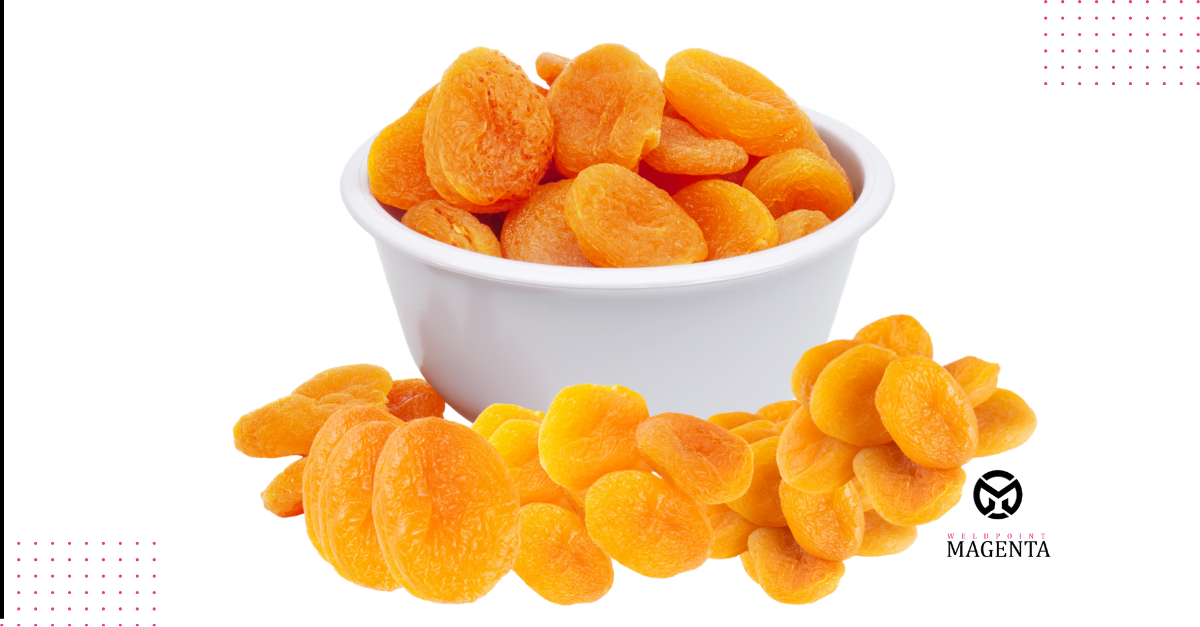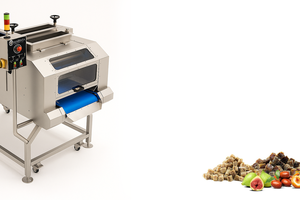With a history dating back five thousand years, apricots are frequently consumed both fresh and dried. Considered a source of healing, the fruit ripens in the summer months.
Rich in nutritional value, the fruit is thin-skinned, fleshy, soft, and orange in color. Containing vitamins A, C, E, and K, this fruit is highly beneficial.




